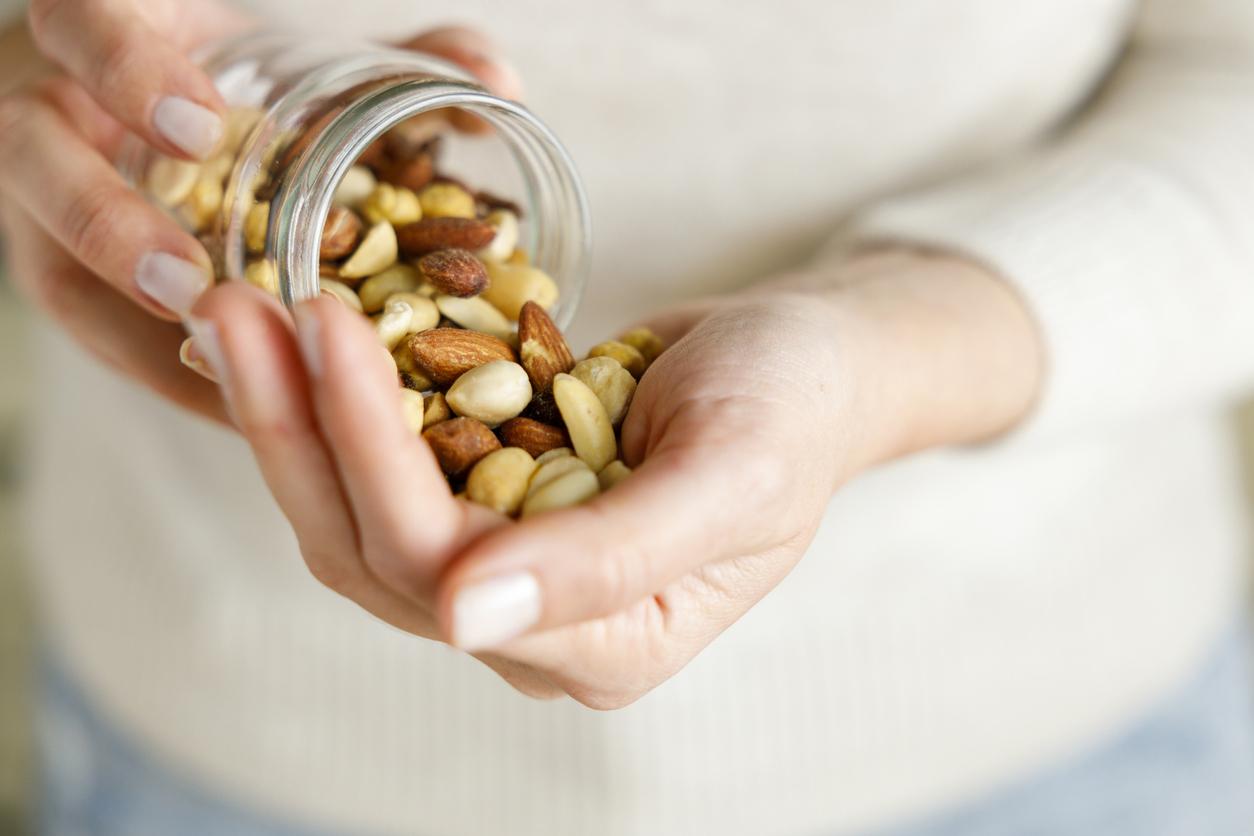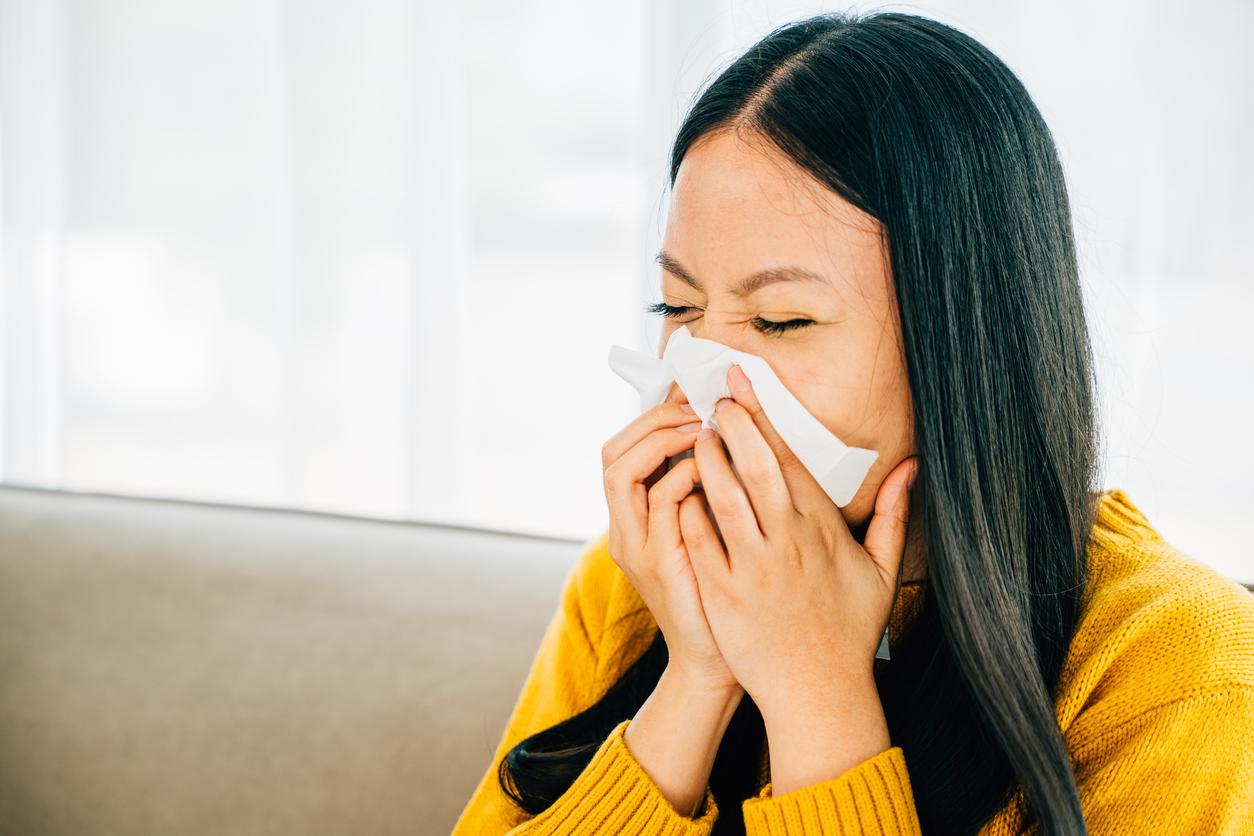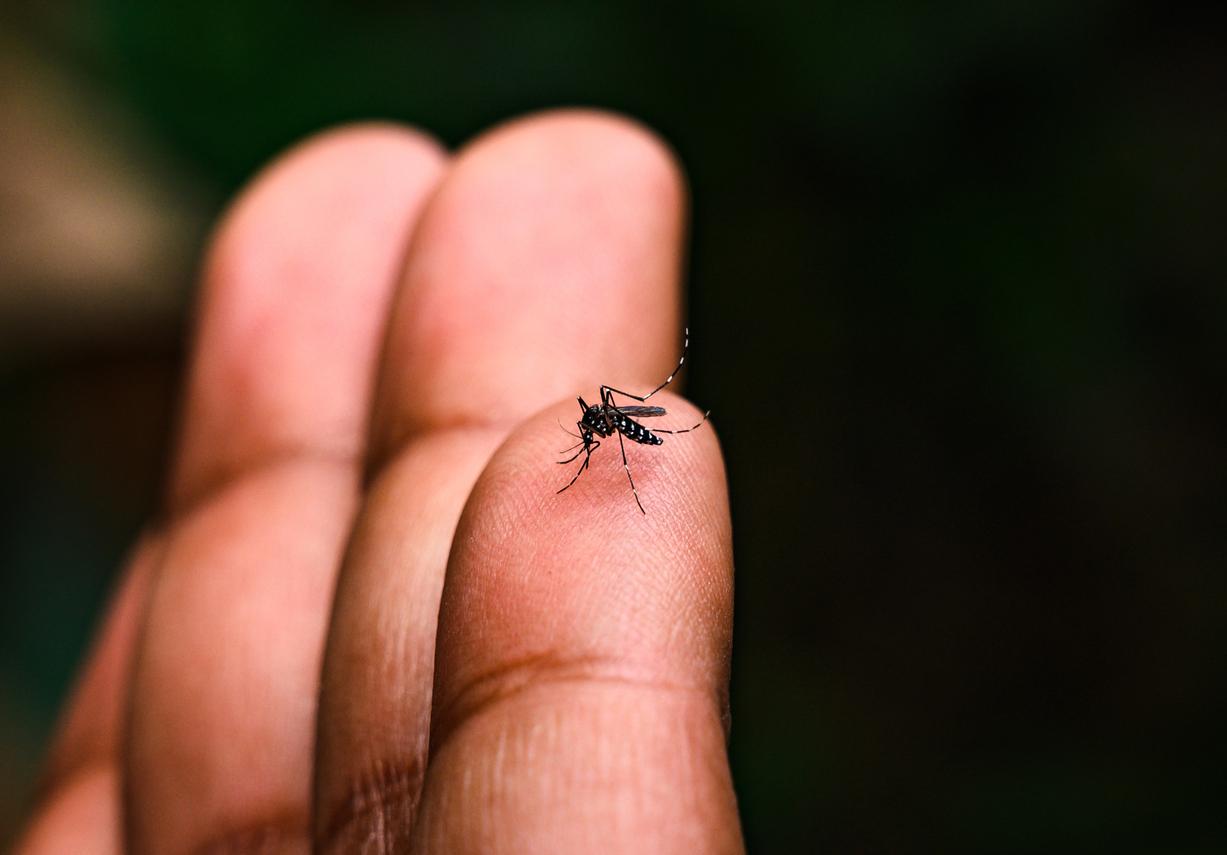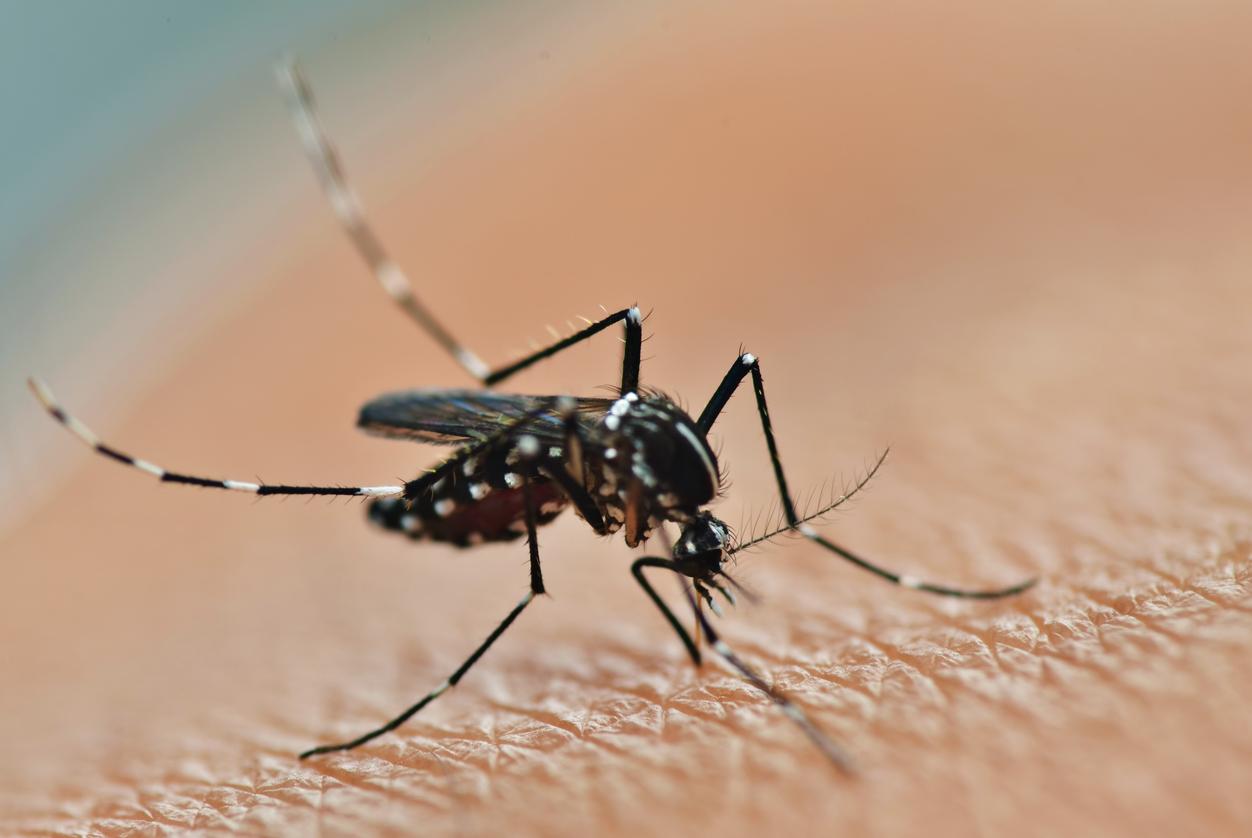Every year, allergy season arrives a few days early, due to global warming. It is also responsible for moving “new pollen” which increases allergic reactions.
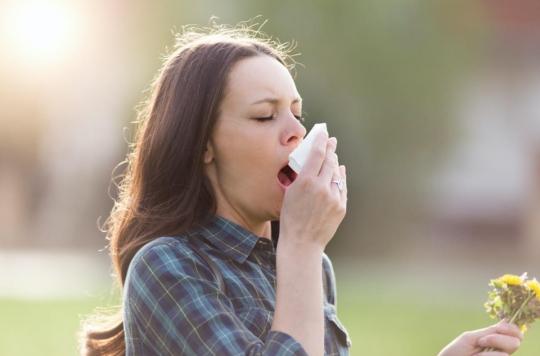
- Usually, allergy season starts when the trees start pollinating, starting in March, and ends in early fall.
- Rising temperatures around the world are causing trees to flower more quickly and increasing CO2 concentration, which contributes to increased pollen production.
Spring is coming to France. In recent days, high temperatures have been recorded in several regions: 19.1°C in Dunkirk and Roubaix, 22.7°C in Colmar and 20°C in Paris. This rediscovered sweetness is gratifying for some, worrying for others. For people with allergies, the arrival of spring rhymes with the return of their symptoms: runny nose, itchy eyes, cough, etc. Allergy season begins when trees start pollinating, starting in March, and ends in early fall. According to German researchers, it starts earlier and earlier, and it is not likely to improve. In their work published in the journal Frontiers in Allergythey explain that the pollen season starts earlier and lasts longer, because of global warming.
Earlier and earlier pollen.
Rising temperatures around the world are causing trees to flower more quickly and increasing CO2 concentration, which contributes to increased pollen production. Dr. Annette Menzel, professor of eco-climatology at the Technical University of Munich, and her team studied pollen from six stations dedicated to the observation of these particles, located in Bavaria. They find that hazelnut and alder pollens arrived two days earlier per year between 1987 and 2017. As for ash and birch pollens, they gained an average of 0.5 days each year.
..And who move more
But this is not the only consequence of global warming. “Pollen is made to flyrecalls Dr. Annette Menzel. Displacement phenomena must be taken into account.” She adds : “Pollen transport has important implications for the duration, onset and severity of the allergy season” With her team, the specialist studied the circulation of pollen in Bavaria. According to them, climatic changes can change the movements of species, so people can be exposed to “new” To analyze this process, they observed the trees around the pollen recording stations, during the pre-season period, that is to say just before the start of the allergy season. For example, if the station detected the presence of birch pollen, but they were not in bloom nearby for several days, the researchers considered it to be transported pollen.”We were surprised to find that pre-season pollen transport was a common occurrence, observed in two-thirds of cases“, underlines the specialist. According to her, these pollens transported over a long distance could have significant consequences on human health.
How to avoid allergies?
It is possible to guard against allergies, by avoiding risky behavior (gardening, walking under flowering trees, etc.). For a long-term action, immunotherapy, or desensitization, now makes it possible to increase tolerance to certain allergens.

.







